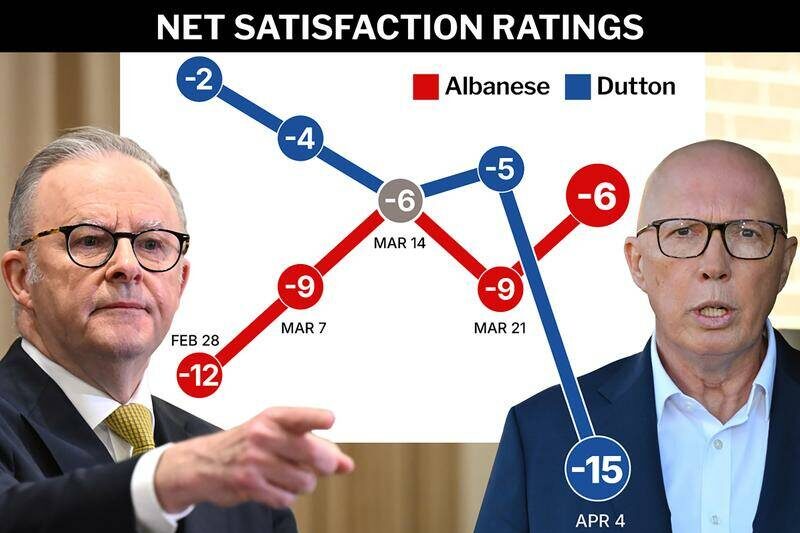
Legislation to rein in surging National Disability Insurance Scheme costs have cleared their first hurdle, amid revelations of widespread spending abuses.
News of NDIS funds being spent on drugs, holidays and cars emerged this week in budget estimate hearings as the government tabled the already-crafted bill to limit runaway spending and make other changes.
The changes, passed by the House of Representatives on Wednesday, requires participants on the scheme to undergo fresh needs-based assessments for Commonwealth funding.
The laws, which would aim to cap spending growth by eight per cent per year, would also result in money allocated to participants on the condition it is spent in accordance with plans, unless needs significantly change.
A list of services included for NDIS funding would also be updated.
NDIS Minister Bill Shorten said the changes would allow the scheme to grow sustainably but also be improved.
“While the scheme is doing amazing things … participants do face confusion, uncertainty, and sadly, exploitation, in some cases every day whilst on the NDIS,” he told parliament on Wednesday.
“The legislation before parliament will give us what we need to make the NDIS stronger, make it easier for participants and providers to use NDIS funding in the right way.”
Amendments to the NDIS changes will also require the disability community to be consulted as more rules on assessments and budget measures are developed.
It comes as the National Disability Insurance Agency integrity chief John Dardo told a budget estimates hearing an estimated five per cent of NDIS spending, or $2 billion, was not being allocated for genuine needs.
Some providers have allegedly forced participants to give cash to criminals for drugs and encouraged them to engage in fraud, with claims tens of thousands of dollars was spent on holidays and $73,000 on a new car.
Mr Shorten said while there were systemic issues with fraud within the scheme, they were being worked through as part of a crackdown on rorts.
“Most participants and providers are good but there’s an unacceptable proportion of fraud going on,” he told Sky News on Wednesday.
“We’ve got to tell the truth (about the scheme), that there are spivs and charlatans.”
Mr Shorten said there were 220 fraud investigations under way within the NDIS with several billion dollars of payments being reviewed.
He said work was still ongoing to reform the scheme.
“We need tighter laws, better technology and more people, and we’re doing all of that,” Mr Shorten said.
“Most operators are good but I tell you what, if you are a crook, we will catch you. If you are overcharging, you will get caught.
“It’s going to take time, you haven’t had this sort of diligence and vigilance before.”
National Disability Services chief executive Laurie Leigh said systemic reform was needed.
“The system is broken. Training, supervision and retaining highly skilled practitioners to provide quality care is essential but not adequately covered in the current funding model,” he said.
“NDS agrees with the government that managing the sustainability of the NDIS is critical – the community expects no less.”
Deputy opposition leader Sussan Ley said the NDIS needed to be protected.
“We can’t have a situation where the NDIS money – which is taxpayers’ money – is being spent on drugs, on mortgages, on things that ordinary Australians would think are ridiculous,” she told Sky News.
Who can be trusted?
In a world of spin and confusion, there’s never been a more important time to support independent journalism in Canberra.
If you trust our work online and want to enforce the power of independent voices, I invite you to make a small contribution.
Every dollar of support is invested back into our journalism to help keep citynews.com.au strong and free.
Thank you,
Ian Meikle, editor









Leave a Reply